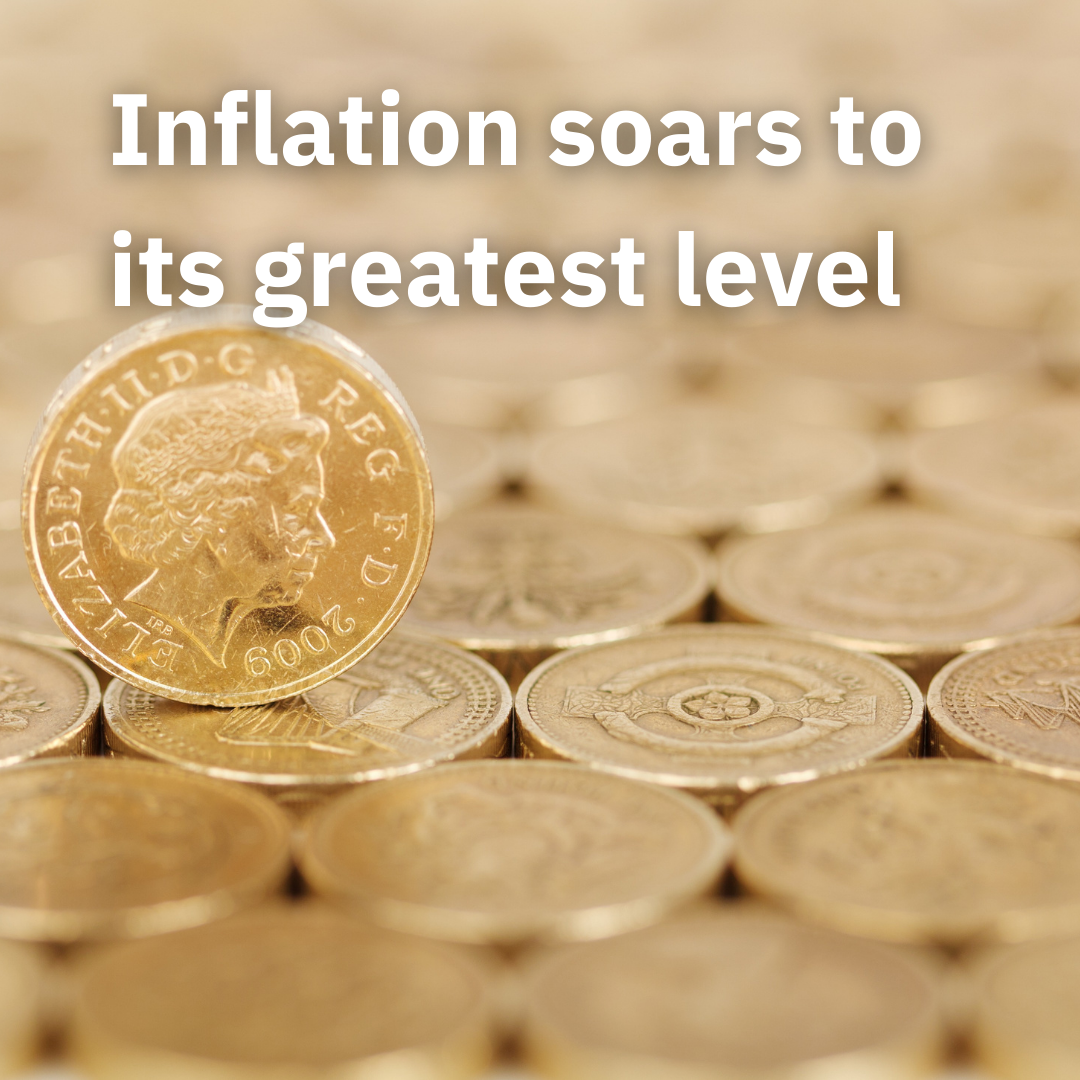According to the Office for National Statistics (ONS), inflation increased to 3.2% from 2% in July over the last month, which has been the highest inflation level ever recorded. The consumer price index (CPI) measure of inflation reached its highest level since March 2012 in August 2021, while the ONS noted that much of this outcome was expected to be temporary.
This has been explained by the increase in restaurant and café costs in the last month which significantly contrasts with the same time period last year when these costs were lower due to government-sponsored "Eat Out to Help Out" promotions - a government scheme which offered 50% off food and/or non-alcoholic drinks consumed in various participating establishments across the UK.
There has also been a significant effect of the rise in food prices on inflation, according to the ONS, which cited "anecdotal reports of supply chain staff shortages and increased shipping costs, coupled with demand spikes following the release of countrywide lockdowns."
James Lyon Shaw, the owner of The Greene Oak Pub in Windsor, Berkshire, told the BBC that the rise in inflation had to be viewed in the context of current events and arising issues and that companies, including his own, needed to "ride the storm." Due to the increased workforce shortages, Mr Shaw is now paying his employees 10 to 20% more per hour than the previous year.
He further added that the increases in food prices were dependent on the restaurants’ and pubs’ food vendors and suppliers, with higher shipping and logistical costs cutting into profit margins. "All we have to do now is get through; you simply have to be pragmatic, get on with it, and modify your business." He wondered if people had been spoiled by "cheap food" for too long and if attitudes were needed to change to encourage consumers to pay more for more sustainably produced food.
From July to August, food and non-alcoholic beverage costs increased by 1.1%, which has been the largest price increase since 2008. Other foods including chocolate, confectionery, and sugar have increased considerably by 2.2%
Transport expenses also had a significant impact on the price increase, with fuel prices reaching their highest level since September 2013, at an average of 134.6p per litre.
In the meantime, the global shortage of semiconductor chips resulted in automobile prices increasing by 18.4% in the last four months. According to the ONS, the 1.2% difference between the July and August CPI rates was the largest since 1997.
The inflation of 3.2% was higher than the 2.9% predicted by economists polled by Reuters on average.
Inflation is becoming a growing concern across many large economies as demand will soar when pandemic restrictions are eased, jolting supply systems that are just getting back on their feet or are still experiencing disruptions.
In the United Kingdom, supply constraints are exacerbated by Brexit, which, combined with the virus's impact, is blamed for such issues as HGV driver shortages.
In response to growing costs on wholesale energy markets, regulator Ofgem raised the maximum on default energy tariffs in Autumn, putting more strain on households' finances.
In addition to the increase in food and transport costs, gas and electricity costs are expected to rise as dramatically this Autumn as wholesale prices, while the VAT for the hotel industry is expected to return to 12.5% at the end of the month.
The Bank of England predicts that inflation will reach 4% this year, but that the effect will be temporary.
AJ Bell's head of personal finance, Laura Suter, said: "The ONS is quick to warn that much of this price increase, notably in the restaurant and cafe sector, is only temporary.”
"However, the Bank of England has forecasted that prices would climb further before the end of the year, so we shouldn't expect this to be a one-off."
Hargreaves Lansdown's personal finance analyst, Sarah Coles, said: "Much of this massive increase is fueled by the same dangerous supply-demand imbalance that has resulted in wide gaps on supermarket shelves. It's bad news for shoppers, savers, and the economy as a whole."
Assuming no further economic shocks, inflation might rise to 4% and then decline just as quickly. In terms of next year's payment agreements, public impressions are crucial.
We at Persona Finance understand how inflation can overwhelm your finances so we will provide you with the best remote accounting services to alleviate your financial concerns.
Visit us at https://www.personafinance.co.uk/quote to get your own personalised quote now.



